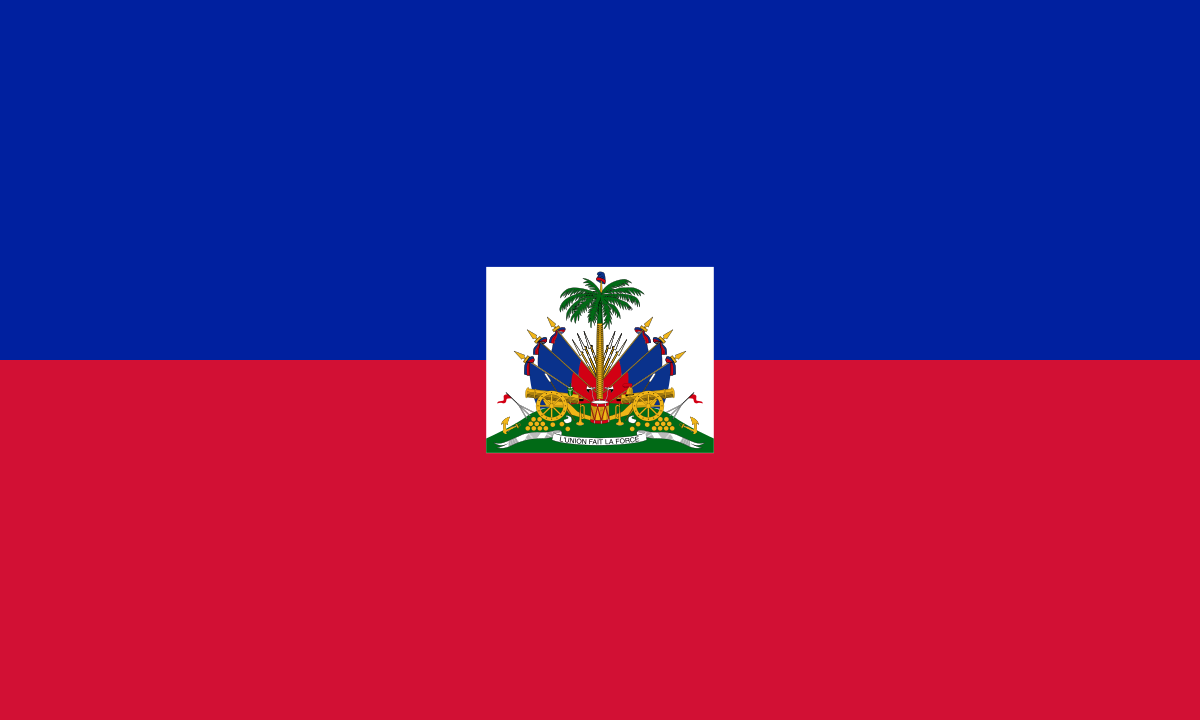Faustin I was born at Vialet, Petit-Goâve, 15 August 1782 as Faustin-Élie Soulouque, son of Marie-Catherine Soulouque. offered the Imperial crown of Haiti by the Senate and the Chamber of Deputies 25 August 1849 (following a vast popular petition addressed to them by a number of military and civilian bodies on 20 August 1849). Proclaimed as Emperor of Haiti with the reign name of Faustin I together with the style of His Imperial Majesty at the National Palace, Port-au-Prince, 26 August 1849. Crowned at the renamed Imperial Palace on the same day. Consecrated at the old Cathedral of Notre Dame de l’Assomption, Port-au-Prince, 2 September 1849. Promulgated a new Constitution 20 September 1849. Crowned at the Champ de Mars, Port-au-Prince, in the presence of the Vicar-General Monsignor Cessens according to Episcopalian (Franc-Catholique) rites, 18 April 1852. Chief Sovereign, Grand Master and Founder of the Imperial and Military Order of St Faustin and the Imperial Civil Order of the Legion of Honour 21 September 1849, and of the united Orders of St Mary Magdalen and St Anne 31 March 1856, all in three classes. Grand Protector of the Franc-Masonic Order 1850-1859. Patron Collège Faustin 1848-1859. Founder of the Imperial Academy of Arts in 1856.
Christopher Buyers
Although Faustin reigned longer than his predecessors, he succumbed to an inevitable coup d’etat in 1859. Refused protection by the French Consulate, he sought refuge onboard a British warship and was taken into exile with his family. Faustin lived at Kingston in Jamaica for many years in near poverty, despite press reports that suggested that he had taken great quantities of jewels and gold with him. Eventually permitted to return to Haiti in old age, he died at Petit-Goâve, his place of birth, in 1867.

